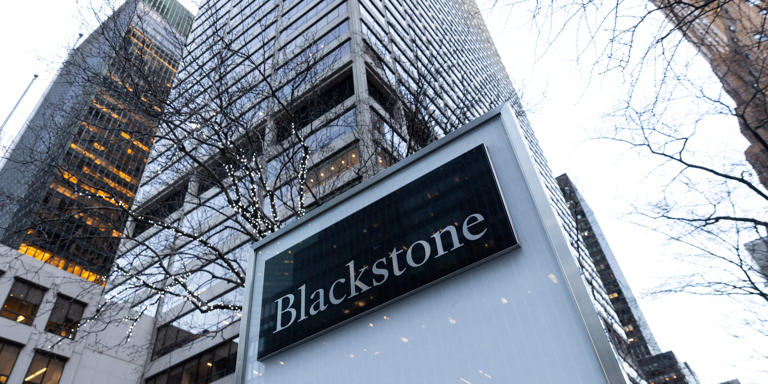Blackstone, one of the foremost private equity firms, is poised to implement a groundbreaking initiative to grant shares to employees at the businesses it acquires, as reported by The Wall Street Journal. This innovative move is set to commence with Copeland, a climate-tech company that Blackstone acquired last year for $14 billion from Emerson Electric. The initiative aims to include employees at most of the large U.S.-based companies Blackstone purchases and will be officially announced at an upcoming industry conference.
Blackstone’s plan to distribute stock to workers reflects a growing trend among major private equity firms to foster employee ownership. By providing equity stakes, Blackstone hopes to align employees’ interests with the company’s success, enhance job satisfaction, boost productivity, and foster a deeper sense of loyalty and commitment among the workforce.
This initiative is part of a broader strategic shift within the private equity sector to address income inequality and respond to increasing scrutiny over the industry’s significant profits. Blackstone’s move is notable given the firm’s extensive portfolio, which includes ownership of around 230 companies globally, employing approximately 700,000 people. Despite a slight dip in Blackstone’s stock value this year (down 3%), the company has seen a remarkable rise of over 50% in its share price over the past twelve months, culminating in a market value exceeding $150 billion as of the latest closing.
The move to award shares to employees is not without precedent. Other private equity giants like KKR and Apollo have pioneered similar programs. KKR began its equity-sharing initiative in 2011, initially targeting employees at its industrial businesses before expanding the program to encompass workers across all its U.S.-based portfolio companies. This initiative underscores a commitment to broad-based wealth creation and enhanced employee engagement.
Further cementing this trend, in April 2022, Pete Stavros, KKR’s global co-head of private equity, launched Ownership Works, a nonprofit organization dedicated to promoting shared ownership. Ownership Works has garnered support from 19 leading firms, including Apollo, Ares, and Silver Lake. The organization’s mission is to generate substantial wealth for low and middle-income employees, aiming to create $20 billion in wealth over the next decade.
The adoption of employee ownership models by these private equity firms is partly driven by the need to counteract criticisms from lawmakers and the public. Senators Bernie Sanders and Elizabeth Warren have been vocal critics of the private equity industry, highlighting issues of income disparity and advocating for more equitable profit-sharing practices. By granting shares to employees, private equity firms like Blackstone, KKR, and Apollo seek to demonstrate a commitment to reducing income inequality and fostering a more inclusive economic model.
Ownership Works and similar initiatives represent a significant shift in how private equity firms engage with their portfolio companies’ employees. By providing equity stakes, these firms aim to empower employees, giving them a tangible stake in the success of their companies. This approach not only aims to improve financial outcomes for employees but also to drive better performance and value creation within the portfolio companies.
For Blackstone, the initiative to grant shares to employees is a strategic move that aligns with its long-term vision of sustainable growth and value creation. As the firm prepares to roll out this program starting with Copeland, it sets a precedent that could potentially transform employee-employer relationships across the private equity sector. The success of this initiative could inspire other firms to adopt similar models, leading to a more equitable distribution of wealth and fostering a culture of shared ownership and collective success.
In summary, Blackstone’s decision to grant shares to employees marks a significant milestone in the private equity industry. By embracing employee ownership, Blackstone and other firms are taking meaningful steps towards addressing income inequality and enhancing the financial well-being of their workforce. This initiative not only benefits employees but also strengthens the overall performance and sustainability of the companies within their portfolios, heralding a new era of inclusive growth and shared prosperity in the private equity landscape.
